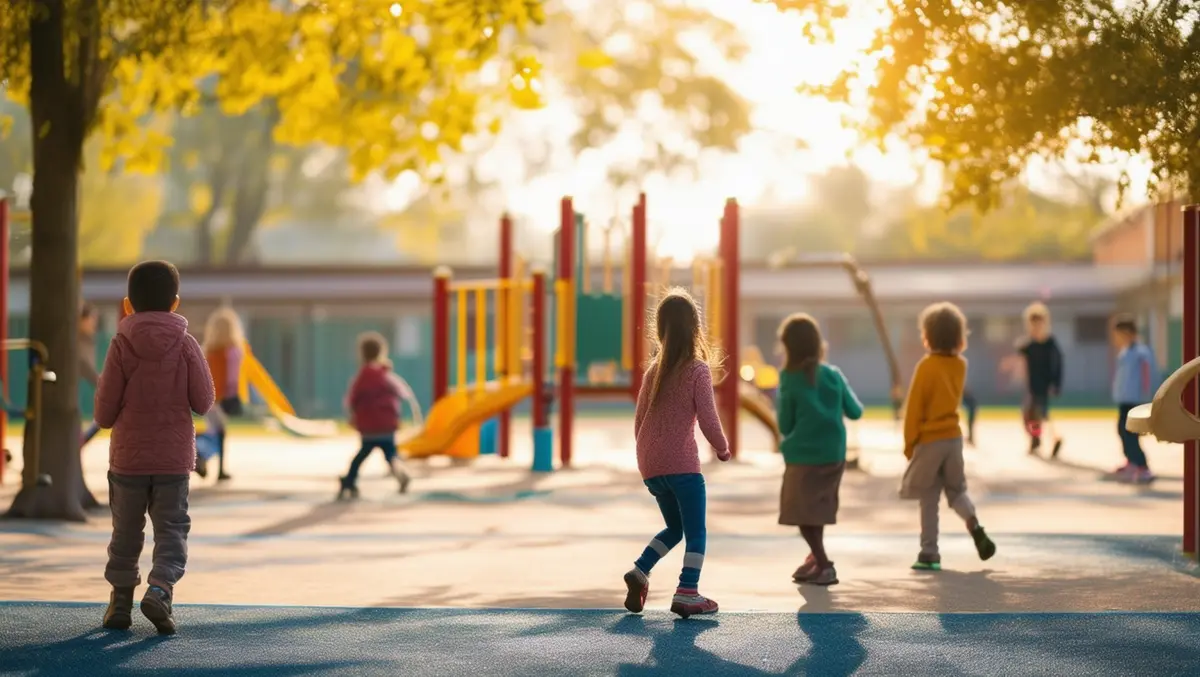
Rising child mental health concerns prompt early action call
Rising anxiety and mental health issues among school-aged children in Australia highlight the critical need for improved early intervention and support networks.
Research from the University of New South Wales underscores a strong link between bullying and mental health challenges such as anxiety, depression, and low self-esteem in children. Statistics indicate that one in seven children aged 4-17 in Australia experienced a mental health disorder in the past year, yet 60% did not seek help, leaving over 330,000 young people to navigate these challenges alone.
Carol-Anne Howlett, a Consulting Psychotherapist and Clinical Supervisor from The Red Chair Therapy, commented on the growing mental health challenge facing young people in Australia. "Since the onset of COVID-19, I have observed a noticeable increase in younger teenagers (13+) seeking support in my practice. A growing number of these cases involve issues such as school refusal and bullying. In parallel, many couples I work with face significant relationship challenges, largely stemming from the stress of supporting children and teens with suicidal tendencies, anxiety and depression," she stated.
Howlett explained, "These parents often seek tools and strategies to manage their own relationship and self-care whilst continuing to provide the necessary support for their child. The mental health struggles of a child or teenager can have profound and far-reaching effects on the entire family unit."
The mental health system is also under strain, with families experiencing long waiting periods for assessments and the associated costs creating further barriers. "Children and teens are frequently prescribed medication, which can carry its own stigma, often leaving the young person with the belief that they are perpetually 'unwell.' This mindset can pose significant challenges as they transition into adulthood. With Safe Watch, the Care Village can identify an emerging mental health issue before it gets serious," Howlett added.
Shane Muller, the founder of Safe Watch, emphasised the challenges faced by young individuals. "Children and young adults today face overwhelming pressures from various sources, yet many don't seek help or don't know who to turn to. We cannot ignore the mental health needs of our children, especially when the statistics are so alarming," he said. "Whether it's school, social media, or peer interactions, many children suffer in silence, with recent events highlighting the tragic consequences of unchecked anxiety and bullying in schools."
Muller described how Safe Watch's preventative tools provide visual insights to carers, allowing schools and families to foster a positive environment. "We want to transform the reactive culture of crisis management into one of safe preventative care," he said.
Dr. Adrian Falkov, an experienced child, adolescent, and family psychiatrist, stressed the importance of early intervention. "We encourage parents, teachers and peers to look out for behaviour changes, even subtle changes, as an indicator that all may not be ok. Early communication can help to reduce or alleviate symptoms before they become severe or cause complications in a young person's life. Much mental ill health burden could be reduced with good, early communication," said Dr Falkov.
He also pointed out the necessity of accessible support systems, noting, "While we know that early intervention is crucial, some children and young adults may not feel or be able to talk to their parents about their mental health challenges, and it is therefore important to ensure a range of accessible formal and informal supports and services are available as well."
Safe Watch's Village Care Network adopts a holistic approach, engaging young individuals alongside their peers, teachers, and parents. The platform includes features such as feelings tracking, personalised wellness journeys, community collaboration, and privacy protection, aiming to detect signs of distress early and enabling timely intervention.
Safe Watch invites schools, policymakers, and community leaders to integrate their platform into existing frameworks to proactively address mental health needs in educational settings. The platform is available across Australia, with a call for schools to participate in the early adopter program to help shape services.


